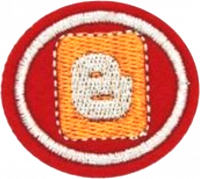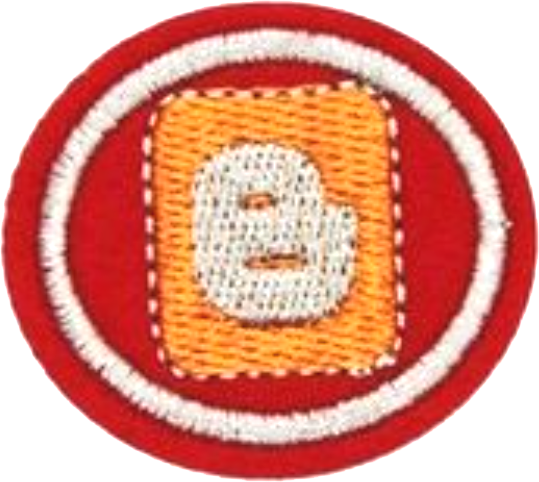Difference between revisions of "AY Honors/Blogs/Answer Key/pt-br"
(Created page with "</noinclude>") |
(Created page with "{{clear}}") |
||
| Line 90: | Line 90: | ||
{{CloseReq}} <!-- 5 --> | {{CloseReq}} <!-- 5 --> | ||
{{ansreq|page={{#titleparts:{{PAGENAME}}|2|1}}|num=6}} | {{ansreq|page={{#titleparts:{{PAGENAME}}|2|1}}|num=6}} | ||
| − | <noinclude> | + | <noinclude></noinclude> |
| − | </noinclude> | + | <!-- 6. Demonstrar, no blog, maneiras de fazer upload de imagens e arquivos, incorporação de vídeos, adicionar links para os sites http://desbravadores.org.br/ e http://www.esperanca.com.br/ e/ou seus equivalentes em espanhol. --> |
| − | <!-- 6. | ||
| − | |||
| − | |||
<div lang="en" dir="ltr" class="mw-content-ltr"> | <div lang="en" dir="ltr" class="mw-content-ltr"> | ||
Revision as of 03:26, 17 May 2021
1
2
3
4
4a
4b
4c
4d
4e
4f
4g
4h
5
6
7
Copyright
Just because something is on the internet does NOT mean you can republish it. Taking and republishing anything online (text, videos, images) without specific consent is illegal and immoral. It can have real world legal consequences.
What you can publish:
- . Material released under a compatible Creative Commons license. (Wikipedia and this answer key are such sources)
- . Material not subject to copyright for various reasons
- . Material you get specific permission to use - perhaps by writing the author and asking nicely
- . Short selections of artistic works for the purpose of critique and commentary
- . Short, properly attributed quotes.
Wikipedia article Copyright infringement has good coverage of this issue.
Verifiability
One of the great things about blogging is you can publish anything you want with little to no cost and no control by others. This is also one of the worst things about blogging, because anyone else can publish anything without any control by anyone else. People can and do publish all kinds of untrue things on the internet. Don't join the liars by repeating untrue or inappropriate things.
Bloggers need to understand the idea of Reliable Sources (RS). Reliable Sources include media that has editorial oversight. For example if you read something on the BBC or Washington Post websites you can be pretty sure the information is accurate and has been checked.
Official websites for individual and organizations are usually Reliable Sources for information about that individual or organization (unless there are independent RS that indicate the organization is not reliable). If the Adventist Church publishes something about the Adventist Church you can cite that the Adventist Church made the claim. However, watch out for government controlled press that may put out disinformation for political purposes, and watch out for individuals and organizations that publish lies and omissions to try and protect their reputation.
Review this Wikipedia article Identifying reliable sources because the guidance applies to blogging as well.
Christian standards
You are responsible for the material you publish. Always filter what you publish against Christian values and truthfulness. Is it verifiable? Whould you be embarrassed if your mother or pastor saw what you publish? Restricting what you publish to quality material will also prevent problems later. Anyone that runs for office or applies for a job is facing increasing scrutiny of what they wrote or said online in the past. Even off color jokes can come back to haunt you later.



